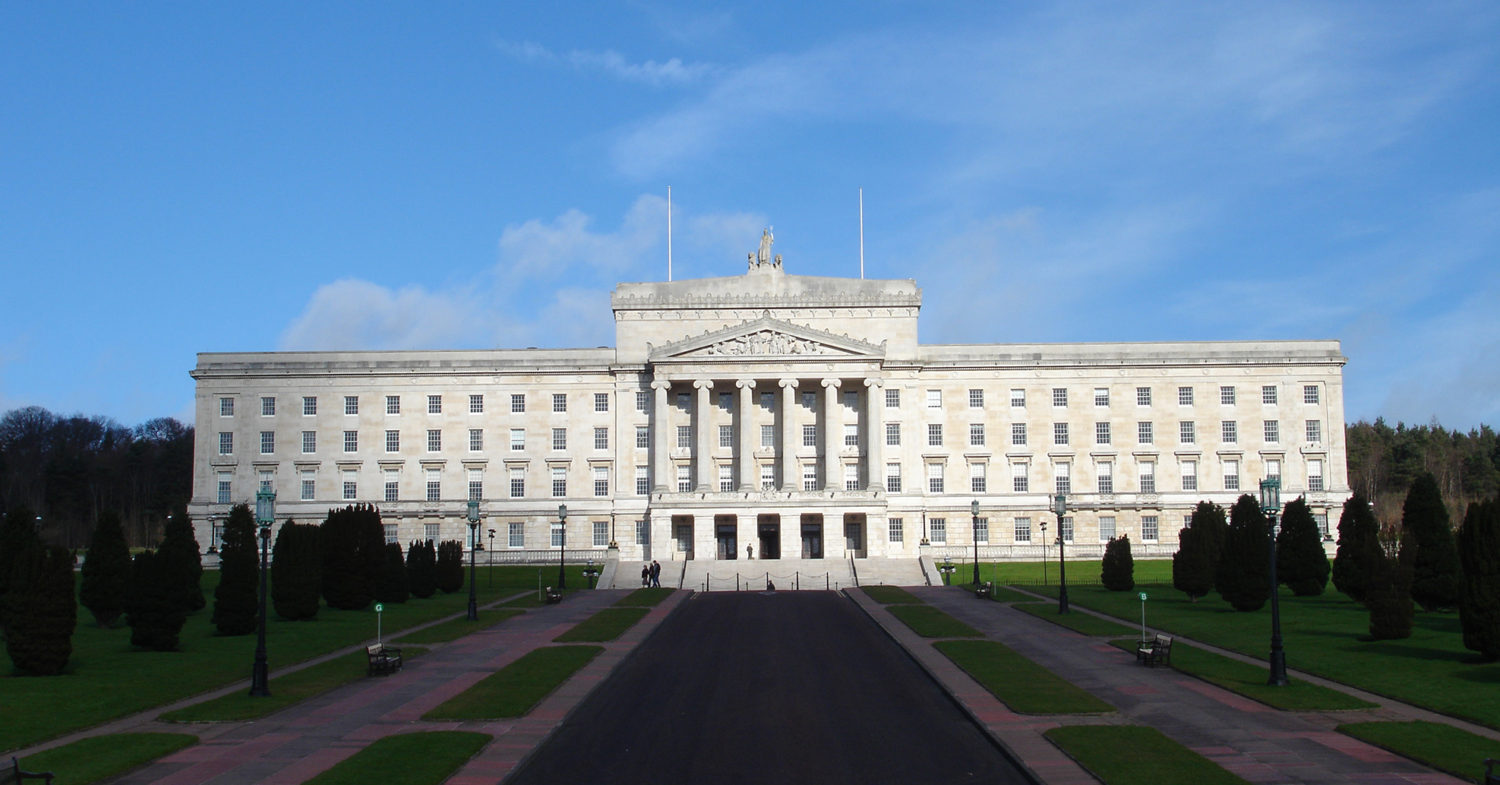Making a stand
A new direction for Labour’s traditional Northern Irish allies the SDLP suggests Labour should consider fighting elections in the region again, argues Stephen Bradley.
Northern Ireland is the only part of the UK in which Labour doesn’t field candidates. Instead, Labour has recognised Northern Ireland’s Social Democratic and Labour party (SDLP) as its sister party. The SDLP’s recent decision to form an alliance with the Republic of Ireland’s conservative Fianna Fáil should arguably invalidate Labour’s partnership with the SDLP. It makes sense for Labour to consider allowing its activists in Northern Ireland to stand for office.
The Fianna Fáil alliance is an attempt to stave off the long-term decline in support since the 1998 Good Friday Agreement, which was considered a triumph for the SDLP and its then leader John Hume. Under Hume’s leadership, the SDLP deliberately avoided giving its allegiance to any one party in the Republic in order to broker maximum leverage irrespective of the parties in government. But now, the rationale for the parties to come together, for both SDLP and Fianna Fáil, seems to be to challenge Sinn Féin’s status as the only all-Ireland party of Irish unification. This May’s elections will prove the first electoral test for the SDLP’s new direction – but regardless of the outcome a full merger under the Fianna Fáil banner is anticipated.
The Fianna Fáil alliance resolves longstanding ambiguities about the identity of the SDLP. The party has definitively opted to forgo social democratic politics in favour of promoting its nationalist credentials. That nationalism should win out over socialism in the party is no surprise; though its early leadership was drawn from the civil rights and labour movements, the party has also manifested typically Irish social conservatism, for example opposing any change to abortion laws until last year.
For many, the decision to trade Fianna Fáil’s baggage of corruption and cronyism for the SDLP’s noble heritage of integrity and peace building is highly questionable. The move seems set to alienate Unionist voters, who had tended to lend the party tactical support in opposition to Sinn Féin. For progressives in particular, for whom an alliance with the Republic’s Labour party, or even all its major parties bar Sinn Féin would have been preferable, the new direction has caused disquiet. In Belfast, the highly respected councillor and party veteran Tim Attwood has announced he won’t seek re-election while Clare Hanna has resigned her position as Brexit spokesperson. The chairs of the party’s youth, LGBT+ and women’s groups have also resigned. Although the SDLP’s highly competent deputy leader Nicola Mallon has so far endorsed the new strategy, the decision of the SDLP’s former leader, Mark Durkan, to stand as an MEP for Fianna Fáil’s main competitor Fine Gael conveys a sense of disintegration in the party.
Progressives in Northern Ireland may now feel they have limited electoral choices. Although well versed in anti-establishment rhetoric, Sinn Féin’s inconsistent populism and association with criminality and sectarianism remain difficult to stomach. The Green Party or the Liberal Democrat linked Alliance party could be the beneficiaries of such displaced voters.
If a Northern Irish Labour party were to stand again in Northern Ireland, its appeal would be likely to be marginal, at least at first. As demonstrated by David Cameron’s short-lived alliance with the Unionist party, British parties have tended to have limited appeal in Northern Ireland, where almost every issue is defined by sectarian identity. Many voters might well conclude that the Labour brand has become just as tainted as Northern Ireland’s own parties. There is an outside chance that if a Northern Irish Labour party were thoughtfully positioned, for example by enshrining formal relationships with both the UK and Republic of Ireland’s Labour parties, it could attract some of the talents from the SDLP who will not countenance representing Fianna Fáil.
Other than solidarity with the SDLP, the only other plausible objection to Labour standing in Northern Ireland is the need for impartiality in mediating between the jurisdiction’s politicians. Realistically, Labour is unlikely to attract immediate significant support in Northern Ireland and were this to happen, it would surely represent welcome progress from today’s sectarian carve-up. No other region of the UK is in more need of rational, progressive politics. Members of the Northern Irish Labour party are understandably frustrated that they are unable to participate in elections and point to an impressive membership of 1,200.
This government has consistently demonstrated indifference to Northern Ireland, not only through willingness to sacrifice the region’s prosperity (and arguably its security) to fulfil a Brexit fantasy but also for its continued support for a singularly unqualified Northern Ireland Secretary. By taking a sincere and responsible interest in the region, Labour’s approach to Northern Ireland is one more opportunity to contrast our values and vision with this government’s cynical short-termism.
Photo credit: rovingI

